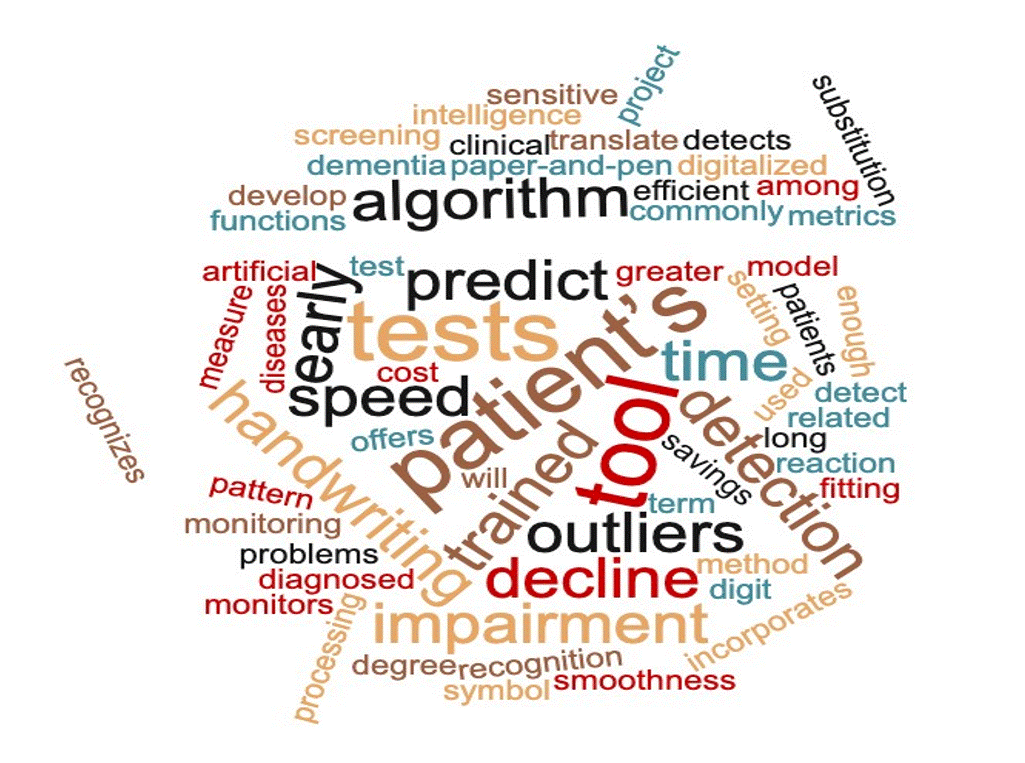Diagnostic Tool for Early Detection of Cognitive Impairment
Opportunity
An ageing global population, coupled with increasing awareness for brain health, has boosted demand for cognitive assessment tools to aid early detection of chronic brain diseases such as dementia and Alzheimer’s disease. Consequently, the cognitive assessment and training market is projected to grow from US$3.2 billion in 2020 to US$11.40 billion by 2025, at a CAGR of 29.3%.
Despite the market potential, current cognitive impairment screening tests are typically pen-and-paper based-Symbol Digit Modality Test (SDMT), and require qualified healthcare practitioners to administer. Many of these tests also neither take into account processing speed nor detect the amount of time required for participant input. Additionally, the existing computerised processing speed screening test-Computerised Test of Information Processing (CTIP)-developed in English, limits its accessibility and accuracy when assessing non-English speaking participants.
Leveraging opportunities in the rising adoption of gamification technology for cognitive assessment, the Digital Speed Processing Test (DPST) aims to automate the detection test such that it is easily and widely accessible, as well as learn cognitive decline trends in relation to demographic factors like ethnicity, age group and gender.
Technology
The Digital Speed Processing Test (DPST) is a simple screening test that has the ability to detect potential cognitive impairment in participants under six minutes-with zero to minimal human intervention and administration by qualified healthcare professionals. In addition, its low level of practice effect means that the test also has the ability to detect changes in cognitive function over time.
Drawing inspiration from the pen and paper based SDMT, the tablet based DPST is designed to be symbol-based and culturally and linguistically agnostic, suitable for the Singapore and Asian phenotype. Participants are required to pair geometric symbols with their given numbers while scanning a response key within 90 seconds. Responses are recorded with a stylus, and participants are guided with multi-language voice instructions embedded in the app.
Automatically graded, data can be streamed to a local server or the cloud for further analysing and machine learning. Basing on collected data, the AI-enabled software can establish a sensitive algorithm to detect and predict cognitive decline that are customised to different patient phenotypes (stroke, diabetes, atrial fibrillation, heart diseases), ethnicities, age groups and gender.




